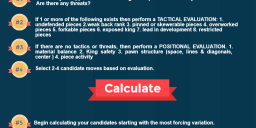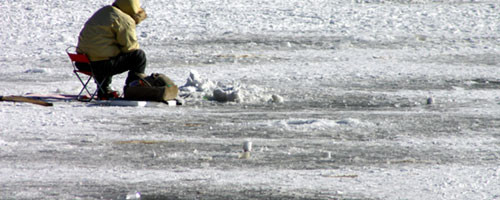Chess Strategy
What is Chess Strategy? It is the creation of long term plans that will dictate your next several moves. In order to achieve these plans, you can argue that the chess player will resort to either positional, tactical or endgame devices. Aspect of chess playing concerned with evaluation of chess positions and setting of goals…










